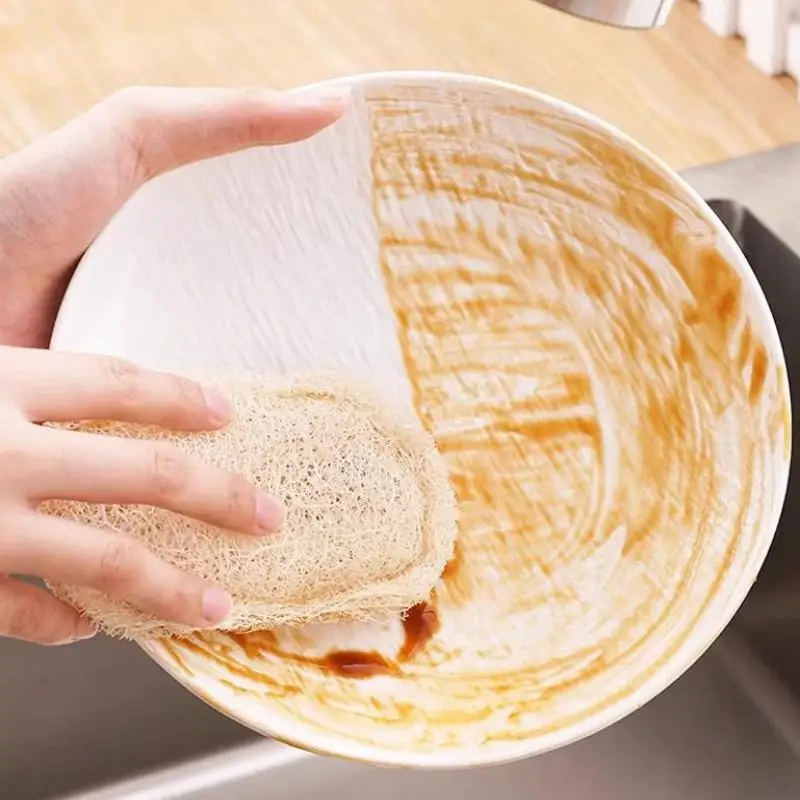Creating a sustainable kitchen is a great way to reduce your environmental footprint and promote a healthier lifestyle. By making a few simple changes, you can transform your kitchen into an eco-friendly haven. Here are some easy steps to get you started:
1. Choose Sustainable Materials
Opt for kitchenware made from natural and renewable materials such as wood, bamboo, and coconut. These materials are not only environmentally friendly but also durable and stylish. At Natural Utensils, we offer a wide range of eco-friendly products, from wooden spoons to coconut bowls, that are perfect for any kitchen.
2. Reduce Plastic Use
One of the most impactful changes you can make is to reduce your reliance on plastic. Switch to reusable alternatives like glass containers, stainless steel water bottles, and cloth grocery bags. By avoiding single-use plastics, you’ll significantly cut down on waste and contribute to a cleaner planet.
3. Implement Energy-Efficient Practices
Adopt energy-efficient habits in your kitchen to save both energy and money. Simple actions like using a microwave or toaster oven instead of a conventional oven, keeping your refrigerator coils clean, and using LED lighting can make a big difference. Additionally, consider investing in energy-efficient appliances.
4. Compost Food Waste
Composting is an excellent way to recycle kitchen scraps and reduce landfill waste. Set up a compost bin in your kitchen for vegetable peels, coffee grounds, and eggshells. Over time, you can use the compost to enrich your garden soil, creating a full-circle sustainability loop.
5. Shop Locally and Seasonally
Support local farmers and reduce your carbon footprint by shopping at farmers’ markets and choosing seasonal produce. Locally sourced foods require less transportation, which means fewer greenhouse gas emissions. Plus, they are often fresher and more nutritious.
6. Use Natural Cleaning Products
Many conventional cleaning products contain harmful chemicals that can be detrimental to both your health and the environment. Switch to natural cleaning solutions like vinegar, baking soda, and lemon juice. These ingredients are effective, non-toxic, and safe for your family and pets.
7. Minimize Water Waste
Conserve water in your kitchen by fixing leaks, using a dishwasher instead of handwashing (if you have a full load), and installing a low-flow faucet. These small steps can significantly reduce your water usage and lower your utility bills.
8. Recycle and Upcycle
Make recycling a habit in your kitchen by setting up separate bins for different types of waste, such as paper, glass, and plastic. Additionally, get creative with upcycling—repurpose jars, bottles, and containers for storage or DIY projects, reducing the need for new materials.
9. Grow Your Own Herbs and Vegetables
Start a small herb or vegetable garden in your kitchen or backyard. Growing your own food reduces the need for packaging and transportation, and it’s a fun and rewarding way to ensure you have fresh ingredients on hand.
10. Educate and Involve Your Family
Involve your family in your sustainability efforts by educating them about the importance of eco-friendly practices. Encourage them to participate in composting, recycling, and energy-saving activities. Together, you can create a more sustainable household and set a positive example for others.
Thank you for reading. Regards: Emily Smith
























